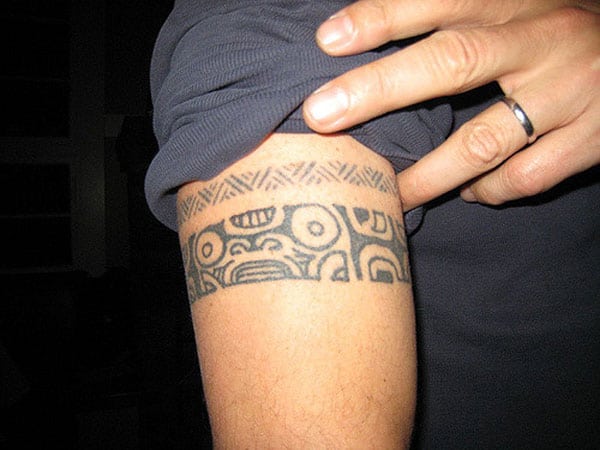
June 10, 2018; New York Times, Quartz Africa, NPR, and Slate
If your social media feed is anything like mine, it’s been flooded for the last few days with tributes to Anthony Bourdain. And if it’s really like mine, a lot of these people are people of color. They love Anthony and feel personally affected by his death. Why? Because in an age of white male backlash and corruption at all levels of society, he used his platform to call out domination and model inclusion. As such, he was an exemplar for the nonprofit sector.
NPR’s Karen Grigsby Bates quotes Mohammad Alsaafin, “If you’re from a marginalized community, you know what Anthony Bourdain meant. To Palestinians, Iranians, Libyans, undocumented immigrants in the US, abused women…what a loss.”
New York Times food critic Pete Wells writes of his “capacity as truth teller” in his spotlighting of the underside of the restaurant industry. “It was almost a casual aside, yet it suddenly opened new subjects to the purview of food writing: immigration policy, labor conditions, racism.”
In a Slate interview, food writer Gustavo Arellano says, “One group he championed almost more than others were the Latinos in the food industry. By far the most exploited class, from the fields to the slaughterhouses to the lines to the people who are waiters to the people who wash dishes every night, he spoke again and again about their dignity. And not just their dignity, he also trashed anyone who dared to think that Latinos do not deserve to be given a fair shake in the United States.” Interviewer Rachelle Hampton also notes, “I can’t remember the last time I saw so many people of color honestly grieve for a white male figure.”
Yomi Kazeem writes in Quartz Africa, “In a world where Africa has been the subject of derogatory and stereotypical tropes for decades, Bourdain always managed to capture the essence of the places he visited, and their people, while being respectful of, and unpretentious about, their realities…Bourdain never ate alone and often chose locals as his dinner companions, peppering them with questions. Their answers helped him and viewers understand local culture better.”
Bourdain visited Puerto Rico after Hurricane Maria and wrote this in his Field Notes:
Sign up for our free newsletters
Subscribe to NPQ's newsletters to have our top stories delivered directly to your inbox.
By signing up, you agree to our privacy policy and terms of use, and to receive messages from NPQ and our partners.
It has been six weeks since the hurricane, and 70 percent of Puerto Rico’s 3.4 million American citizens are still without power. About 25 percent are without fresh drinking water…They are burning their dead…
But things on these lovely islands filled with great food, incredible music, wonderful people who’ve given so much to their country—served its military, been such a vital part of our collective culture—were already tragically absurd. A state of financial limbo, political paralysis, and powerlessness that defies both decency and belief. A Kafkaesque situation that was already bleeding them out.
Such clarity.
In the wake of #MeToo, he wrote on the blog platform Medium, “I will not waste anybody’s time with expressions of shock, surprise, or personal upset, beyond saying that I am ashamed that I was clearly not the kind of person that women friends who knew—and had stories to tell — felt comfortable confiding in.”
So what made him so awesome? Sarah J. Jackson, communications professor at Northeastern University, writes in a New York Times Opinion piece, “He didn’t just talk about the food. He provided viewers an astute history of the group…he treated the people of the places he visited with compassion, modeling how to respect other cultures without exoticizing them…he would marvel at the beauty, the food, the literature and the generosity of the people. Then in the next breath, he’d contextualize stereotypes Americans might have about these cultures with lessons on Western imperialism, political violence and dictatorial regimes…He regularly humbled himself before people very unlike him, he asked careful questions, and he listened. Before our eyes, he was always learning, and trying to make the world just a little better.” And, he did it all “effortlessly and without repentance.”
Key lessons for our sector: We can honor his legacy by following his example—by being inclusive and eschewing behaviors rooted in dominance in our own actions. The way we interact with others can change the world.—Cyndi Suarez












